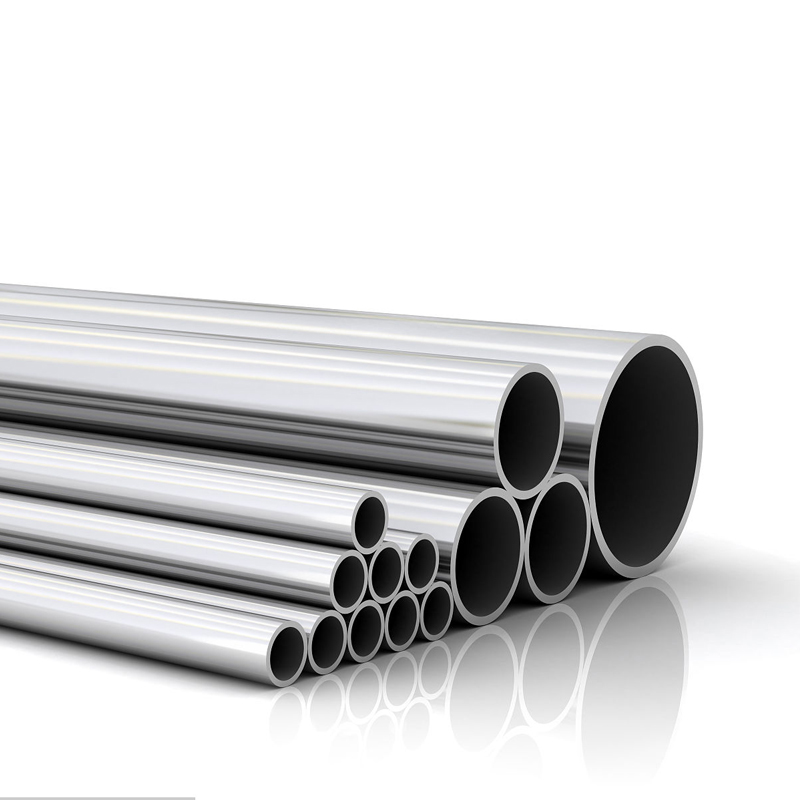

Precision Mechanical Components The Backbone of Modern Engineering
Precision mechanical components play a crucial role in a vast array of industries, serving as the backbone of modern engineering. From aerospace and automotive to medical devices and telecommunications, these components are essential for the functionality, reliability, and efficiency of machinery and equipment.
Definition and Importance
Precision mechanical components refer to parts that are manufactured with a high degree of accuracy and tight tolerances. This precision is vital for ensuring that components fit together correctly and operate reliably under varying conditions. Precision components include gears, bearings, shafts, fasteners, and many other parts that require careful engineering and a deep understanding of materials and design principles.
The importance of precision in mechanical components cannot be overstated. Industries such as aerospace rely on these components for safety and performance, where even the smallest deviation can lead to catastrophic failures. In automotive engineering, precision components are crucial for enhancing vehicle performance, fuel efficiency, and safety features. Similarly, in the medical field, precision components are used in devices and equipment that must function accurately to ensure patient safety and effective treatment.
Manufacturing Processes
The manufacturing of precision mechanical components involves several advanced techniques and technologies. Common methods include computer numerical control (CNC) machining, injection molding, and additive manufacturing (3D printing). CNC machining allows for the creation of complex geometries with high precision, while injection molding is often used for producing components in large volumes with consistent quality. Additive manufacturing offers flexibility in design and the ability to produce intricate shapes that may be difficult to achieve with traditional methods.
Materials play a significant role in the performance of precision components. High-quality metals, alloys, plastics, and composites are often utilized, depending on the application’s specific requirements, such as strength, weight, and corrosion resistance. The choice of material directly impacts the durability and longevity of the components, making it a critical aspect of the design and manufacturing process.

Quality Control
To ensure the reliability of precision mechanical components, rigorous quality control measures are implemented throughout the production process. Techniques such as statistical process control (SPC), and various inspection methods, including coordinate measuring machines (CMM), are employed to monitor and verify the dimensions and performance of components. These quality assurance measures help detect defects early and maintain the high standards required for precision manufacturing.
The Future of Precision Components
As technology continues to advance, the demand for precision mechanical components is expected to grow. The integration of smart manufacturing technologies, such as the Internet of Things (IoT), artificial intelligence (AI), and machine learning, is transforming the manufacturing landscape. These technologies enable real-time monitoring and predictive maintenance, which improves efficiency and reduces downtime.
Furthermore, the growing emphasis on sustainability and eco-friendly practices is influencing the design and manufacturing of precision components. Engineers are now focusing on creating components that not only meet performance standards but also minimize waste and environmental impact.
Conclusion
In conclusion, precision mechanical components are vital to the functioning of modern machinery and equipment across various industries. Their importance is underscored by the advancements in manufacturing techniques, quality control measures, and the ongoing evolution of technology. As industries continue to innovate, the role of precision components will only become more critical, driving the future of engineering and manufacturing toward greater efficiency, reliability, and sustainability.